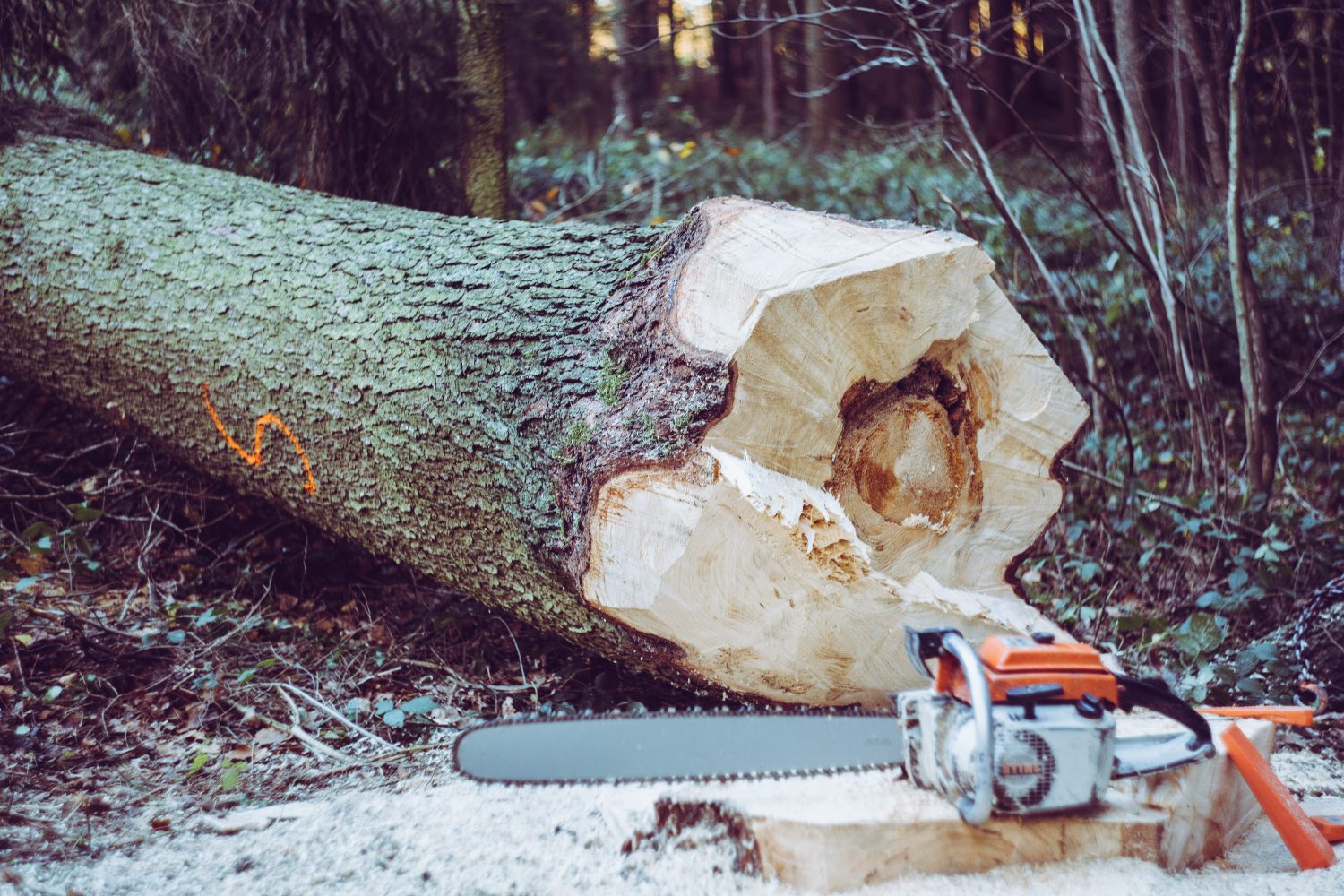Thinking about running a tournament, championship or sports competition?
Event organising requires preparation and detailed planning in advance of the event date. Whether it’s a local gala or an international event, the same standards apply, and attention to detail is everything. These events are important for communities and to support venues, or often to fundraise for charities – so it’s crucial to plan properly and ensure the event goes ahead smoothly.
At Insure Our Event we’ve compiled everything event organisers need to remember in order to run a successful sports tournament.

1. Decide on a Venue
When planning to run a tournament, it’s more than likely you already have a venue in mind – be it football pitches, a sports centre, a community hall or a pub. For a running event, it could be route that you’ve planned out. For a race, it could be a track. Close coordination with the venue owner is key.
Get in contact with the owner of the sports and social club as well as the local council and explain to them the idea of your event. Try to meet in person if possible.
Perhaps you are the venue owner, and are looking to put on an sporting event – if so, decide on the scale of the event and the limitations of your venue, and plan accordingly.

2. Select a Date
Choose a date that suits both you, the venue and potential competitors. Also look in the diary and see if you can avoid any major events or national events – such as major sporting finals or public holidays. Also check the weather – although forecast can be inaccurate, it’s always good to have an eye on what’s happening in the sky and help to make adjustments on timings if necessary.

3. List the Equipment Required to Run your Sporting Event
The easiest way to keep track of the equipment you need to successfully run your event is by making notes and doing research. Collate a list of the equipment you require; such as scoreboards, nets, cones, flags, information packs. (Read on to understand what to put in your information packs.)
There’s nothing worse than getting caught short on the day of the event, especially after all your hard work and planning. Keep updating your list and ensuring you’re safely storing and checking off the equipment you collect throughout your preparation process.

4. Registration Portal for Participants
Before marketing the event, have your registration platform in place. For small competitions, a sign-up sheet in the venue’s reception should do the trick. However for medium and large events, an online registration portal will be necessary.
Ensure your required registration details include contact information so organisers can get in touch with the team or individuals. Also mandate emergency contact details and correspondence addresses as part of the sign-up form.
Mobile-friendly registration will be expected. Online portals will often allow you to note further information about the event, such as items participants need to bring with them. Share the weblink of your sign-up sheet within your network, contacting regular participators who will most likely want to be involved; as well as externally for any unknowns who may want to challenge themselves.

5. Hire Services
You may require hiring the services that are necessary for your event – such as groundskeepers, security, or caterers. The best events include additional services to entertain and serve customers and visitors. This can also provide an additional source of income during your event. Some services to consider include: Food vendors, games, carnival rides, coffee vendors, artists and exhibitors.
Book and hire these services before you market your event, they will help to attract new customers and visitors to view the competitors.
Services and third-party businesses will require their own liability insurance, both public and employers.


6. Allocate a Safe Area for Visitors
Visitors and audience members who have come to watch the participants in play will naturally want to get as close to the action as possible. This is why it is crucial that organisers allocate a safe zone for viewers, and mandate that they do not cross the safety thresholds. This will help prevent them interrupting play, and reduce the likelihood of accidents and bodily harm.
Allocated seating for audience members is the ideal, and will help to improve safety, reduce distractions and manage numbers. Ticket your event in order to gain considerable income and control the number of audience members. Provide barriers to prevent entry into the field of play, or to potentially dangerous areas of the venue. Provide signs to clearly indicate where visitors should be at all times. Publish visitor information at entrances and car parks to safely funnel visitors.
7. Quote and Purchase Liability Insurance
Event insurance is crucial for event organisers looking to put on a sports tournament and competition. Unforeseen circumstances can disrupt even the most well-organised sports event.
Event insurance provides financial protection against unexpected cancellations, property damage, liability claims, and more. Don’t let unforeseen incidents jeopardise your hard work and investment. Get a free instant quote today.
(Event insurance does not include player to player cover)

8. Advertise your Event
Flyers are always a strong marketing tool, they can be handed out to local shops, pubs, clubs, bars and post offices. They can also be displayed in shop windows, on lampposts, in the townhall, or in the window of your venue.
Social marketing will be your easiest way to reach a wide audience. Create a digital poster and share it on your social media channel, asking the venue and neighbouring businesses to share it too, as well as partnering services. Send the digital poster and meeting page directly to the contestants or participants, and ask them to share it too.
Key information to include when marketing your event is:
- Name of event
- Location
- Date
- Tournament format
- How to apply to compete
- How long the competition is expected to last
- Services available
- Fundraising actions taking place
- Winners prizes
Free online tools are available to make a digital or physical poster. These online platforms often offer templates that are free to use and can be easily altered to suit your particular tournament type.

9. Consider Fundraising Opportunities
Running a sporting event is a great opportunity for fundraising, whether this be as part of a partnership with a charity, or for the good of the club venue. Tournaments which attract guests and visitors provide an excellent opportunity to raise funds. Consider having a dedicated change bucket and going round asking for spare change. Otherwise partner with a charity and market them alongside your event. This can be combined with a GoFundMe page to increase accessibility.
Charities will often provide marketing tools, merchandise and support if you notify them of your event. Get in contact with your chosen charity and see how you can help each other.

10. Choose a Tournament Format
Every tournament needs a format in order to have a fair winner. The format will depend on the sport; whether it’s a team sport, individual sport, or a different sort of game; as well as the number of participants. Various formats for tournaments include:
- Single Elimination tournament, also known as a knockout tournament
- Double Elimination tournament
- Round robin, also known as a league tournament
- Double round robin
- SWISS-system tournament
- Consolation tournament
- Matchmaking or Ladder tournament
- Free-for-all, often necessary for sprint races
Your sport or game may have a common format type for tournaments which you may want to stick to as it’s the one your participants will be most familiar with. These tournament formats apply to most sports and games, except golf, where there are multiple formats commonly used – therefore it is best to stipulate which format you’ll be subscribing to before you run the event. Ensure each participator understand the tournament rules before competing.

11. Rule Display Board
Every sport and game has it’s own niche rules and etiquette which must be adhered to for play to remain fair for all. The best way to ensure fair play is to list the key rules up on a display board at the event. Have this prepared beforehand and stick to the rules you set. Look up the corresponding sport’s handbook and make a note of the particular rules you feel could be misunderstood by participators. This will help officials keep the play running uninterrupted.
This point is especially important for board games, chess, golf, e-sports and all types of races.

12. Create or Buy Medals and Trophies
A winner needs something to win and commemorate the occasion. Have medals and trophy especially made if you feel the need. A tournament only needs one trophy, however a grand amount of medals may need to be acquired, especially if you would like to give out participation medals.
Consider gifting more than just a winners trophy, such as a man of the match trophy or a closest-to-pin award, or a fair play trophy.

13. Make a Tournament Information Pack for Teams and Players
A tournament pack will be incredibly useful for manager of team and individual participants about to take part in competitions. This will help to ensure your participants understand the rules of the game, are where they are meant to be, reduce stress, and that your tournament runs as smoothly as possible.
Your tournament pack should include most of the information listed in the above points, as well as what services are available, a layout of the venue, and timings. You can also include information for visitors in order for participants to pass on the information to their following. These do not need to be tailored to each individual, but if you have some high-profile players or teams, a little extra effort on their behalf may be beneficial.


